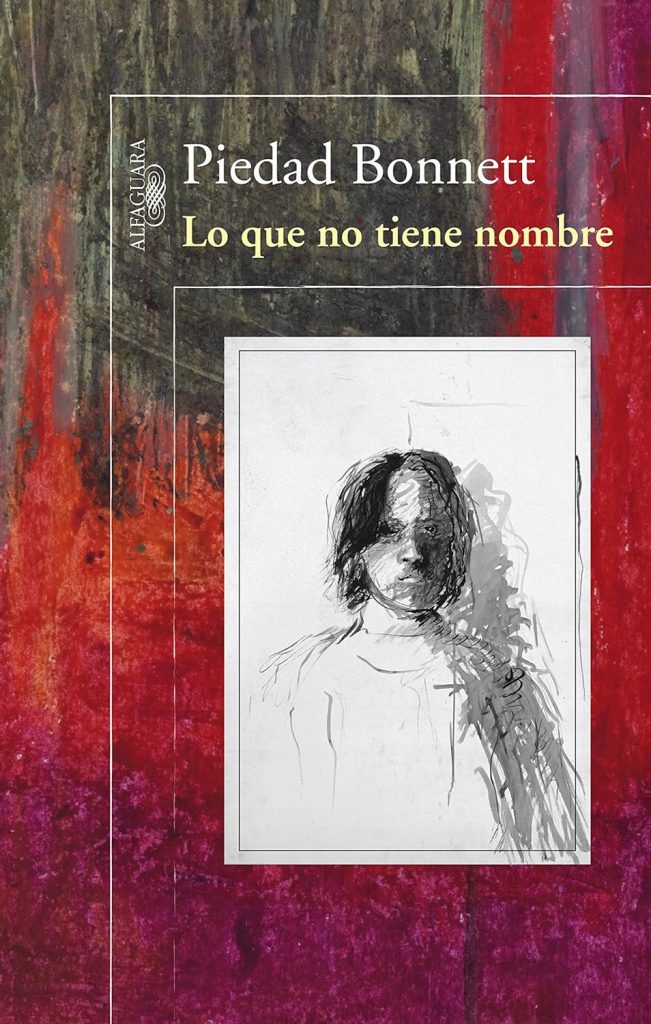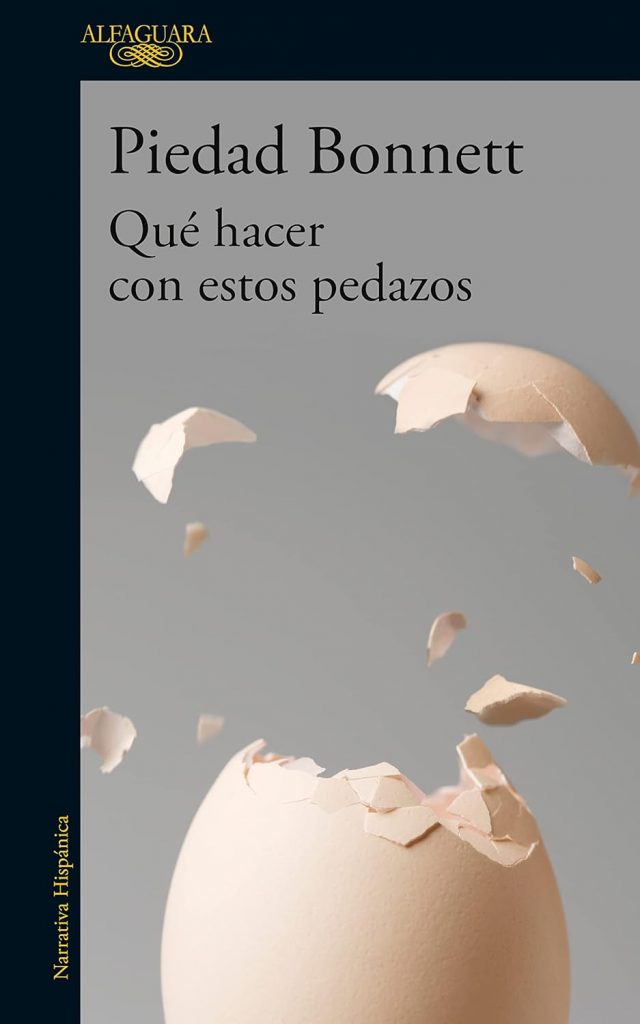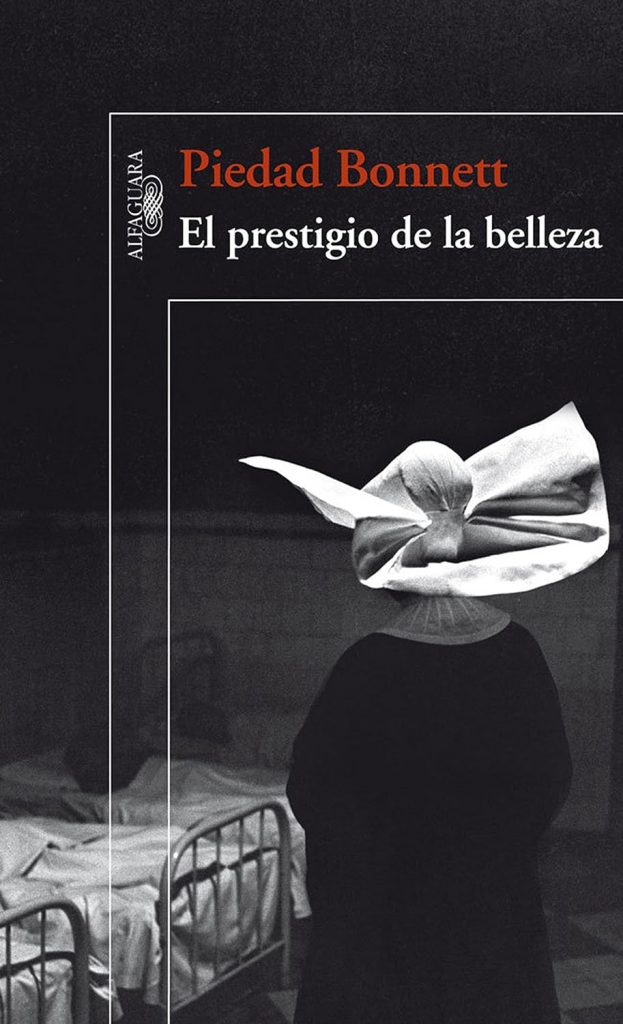Piedad Bonnett is already an illustrious veteran, along with Laura Restrepo, by a plethora of Colombian narrators of the first magnitude in Hispanic literature. Because in his wake we find Pilar Quintana or the surprising Sara jaramillo. In all cases they are well-known narrators who transcend genres. Feminine literature from Colombia that is applied to style and its aesthetic brilliance. Literature that ends up transforming the plot into the action itself, thus greatly improving the artistic and humanistic background on the effectiveness of the most popular narrative trends.
In the case of Piedad Bonnett, with her mutable literary background between narrative, poetry and theater, we can enjoy novels that are confessions on scenarios that are tables where the characters declaim in juicy dialogues or also in soliloquies.
Top 3 recommended books by Piedad Bonett
What has no name
Sometimes exorcization, sublimation, black-on-white resilience are necessary... Because otherwise silence would take away everything. At the time I discovered the worst of the absences in "The Violet Hour" by Sergio del Molino. Here Piedad addresses the same loss that, however, is always different, even more so if the farewell is an exit from the scene outside the pre-established script.
How far can literature go? In this book dedicated to the life and death of her son Daniel, Piedad Bonnett reaches with words the most extreme places of existence.
Naturalness and strangeness coexist in the pages of this book just as the dryness of intelligence and the most intense beat of emotion coexist in his gaze. Looking for answers is just a way of asking questions. It is also a way to continue caring for your child beyond death. Great literature turns personal history into a collective human experience. That is why this book talks about the fragility of any life and the need to continue living.
What to do with these pieces
Joaquín Sabina already said that love was the game in which a couple of blind people play at hurting each other. Even more so as the years go by, we can add any comment based on the simple contemplation of certain loves that have run aground, stranded in forgetfulness.
At sixty-four years old, Emilia faces remodeling her kitchen. Her husband has decided on her behalf and she, who only wants to be calm with her books, feels unable to resist. Bonnett starts from this everyday and apparently banal fact to build a portrait of the placid and dangerous dissatisfaction, and of women cornered by very different types of abuse and silence. The passage of time, its accumulation and its weight, gentrification and old age (our own and that of others), and the impossibility of really knowing those around us permeate this novel to force us to look where, often, we do not want to look: into the that we really are.
The prestige of beauty
The gift, the fortune, the star after all. Grace in any of its manifestations. There are aspects that are not cultivated but that are also lost. It's just a matter of time. Only the time waiting for revenge is the worst of misfortunes. Only imagination and creativity can then save the "less fortunate" who, in the long run, are the winners.
In this moving story, a "false autobiography" according to the author, a girl born in a society that has a huge appreciation for beauty discovers that she is considered ugly. While religion, illness, love and death emerge from a reality perhaps more bitter than she imagined, the protagonist manages to overcome this early perception thanks to the encouragement of words and an innate and imaginative rebellion.
What made me unworthy of being loved? The first thing that occurred to me was to look at myself in the mirror. What I saw was perfectly familiar: an ordinary girl, with a flat nose and a very broad forehead. I did the exercise of going back to zero, of making my knowledge tabula rasa, as Descartes preached, of ignoring me. I didn't find it easy. I tried to perceive myself, then. According to the epithets of my brothers in fights: and yes, she was chubby, yes, she was fat. My mouth was a tiny heart, my eyes a pair of illuminated slits. Yes, she was ugly.
The terrors of childhood, strict education, the learning process, the appearance of literature, the transformations of the body, leaving the family home and the setbacks of love are narrated by the protagonist of this story with emotional and sincere pride. . This is a novel full of humor and the impeccable lyricism characteristic of the prose of one of the most outstanding Colombian writers of our days.



